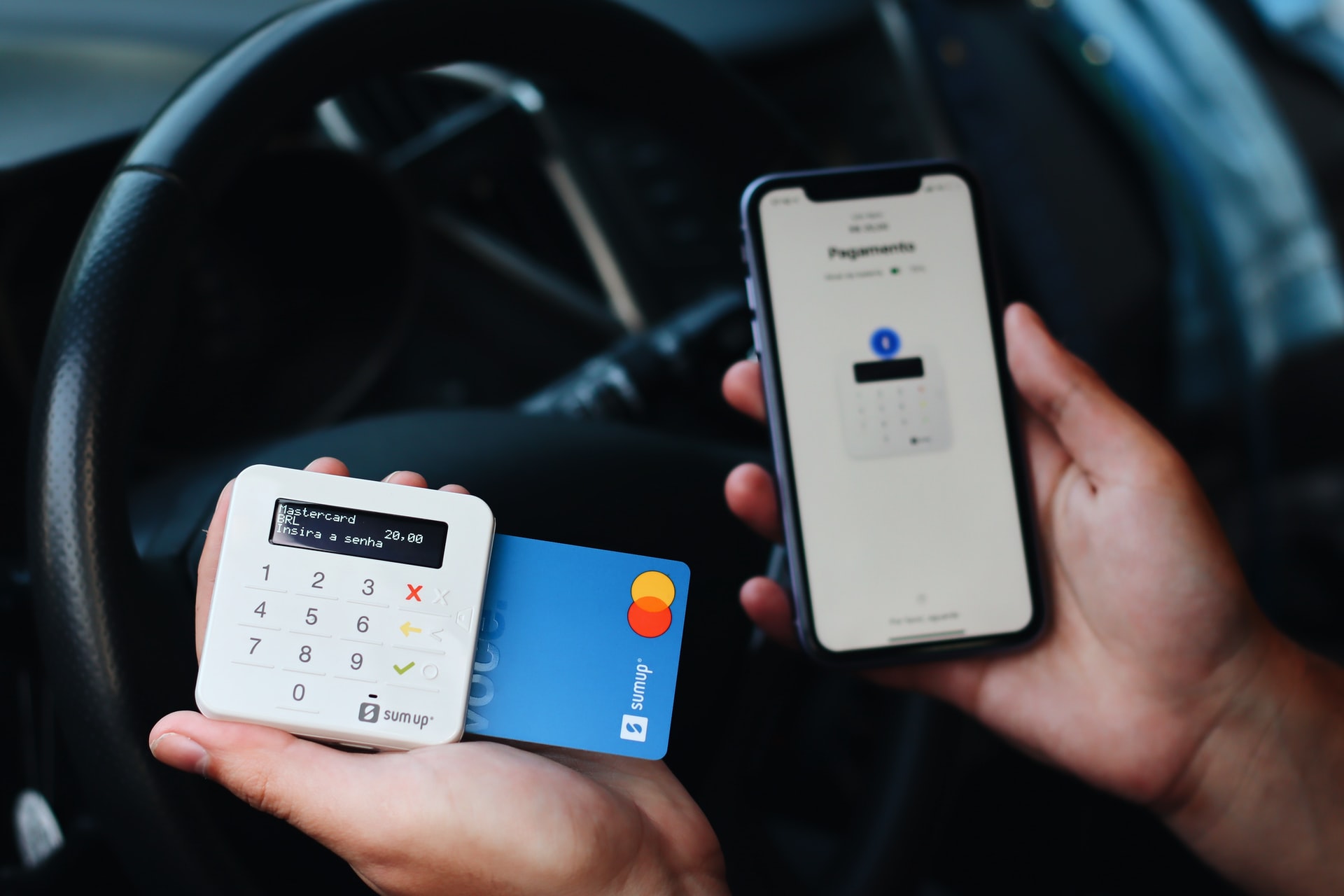Today we will talk about what is the difference between a credit card and a debit card? Credit cards and debit cards are both convenient options to pay without cash or cheques, but they have several differences. The primary distinctions are in terms of where the money comes from and how much it costs.
Debit card
A debit card, like a checkbook, deducts money from a checking account and a credit card applies purchases to a line of credit. You’re spending money out of your own pocket with a debit card. You might have to pay the bill back plus interest if you use a credit card.
Credit card
A credit card is a type of loan, and as such, it entails borrowing money from a lending institution and then repaying that debt over time. A debit card, on the other hand, is linked directly to your bank account and can be used to withdraw cash or make purchases. There is no borrowing involved with a debit card—the funds are simply drawn from your account.
difference bt credit cards and debit cards.
There are many differences between credit cards and debit cards, but the two most important distinctions are how they are used and how they are funded. Credit cards allow consumers to borrow money from a lending institution, while debit cards let customers spend money that they have already deposited into their accounts. Because credit card debt can be very costly, it is important to understand the difference between these two types of cards before using either one.
Debit cards are linked directly with a checking account, whereas a credit card entails borrowing money from a lending institution. When a purchase is made, the funds are transferred immediately from the account on a debit card. When a credit card is used, the credit card company pays the vendor for the purchase.
There is no credit limit with a debit card since the funds being spent are yours; however, credit card limits are set by the lending institution and can result in fees if exceeded.
Funding for a debit card comes from the account linked to it. Funding for a credit card comes from the credit limit set by the lending institution.
Because debit cards are linked with bank accounts, they usually have more security features than credit cards. For example, if a debit card is lost or stolen, the funds in the account can be quickly transferred to a new card. Credit cards also have security features, but because the credit card company is ultimately responsible for any fraudulent charges, it can take longer to get a refund for unauthorized purchases.
In general, debit cards are better for everyday purchases and credit cards are better for larger purchases or emergency expenses. It is important to understand the difference between these two types of cards before using either one.
The Pros and Cons of Credit cards.
There are many benefits to using a credit card, including the ability to build your credit history, earn rewards points, and get cashback on purchases. However, there are also some drawbacks to using a credit card, such as the potential for high-interest rates and fees.
When deciding whether or not to use a credit card, it’s important to consider both the pros and cons. If you’re able to use a credit card responsibly and pay off your balance in full each month, the benefits may outweigh the drawbacks. However, if you carry a balance from month to month or are frequently late on payments, the drawbacks of using a credit card may outweigh the benefits.
Here is a breakdown of the pros and cons of using a credit card:
Pros:
- – You can build your credit history by using a credit card and making on-time payments.
- – You may be able to earn rewards points, cash back, or other bonuses for using your credit card.
- – Anyone can use a credit card to rent a car, book a hotel room, or make other purchases that you may not be able to make with cash.
Cons:
- – You may be charged interest on your credit card balance if you don’t pay it off in full each month.
- – You may be charged fees for late payments, cash advances, or other transactions.
- – If you misuse your credit card, it can damage your credit score.
Overall, the decision to use a credit card or not is a personal one. There are both pros and cons to using a credit card, and it’s important to weigh those carefully before making a decision. If you’re not sure whether or not a credit card is right for you. It’s a good idea to speak with a financial advisor.
The Pros and Cons of Debit cards.
Debit cards offer a convenient alternative to cash and check payments. Both cards come with their own set of pros and cons.
Pros:
On the plus side, debit cards have many advantages accepted nearly everywhere credit cards are accepted. They can also be used to withdraw cash from ATMs or to make purchases online. Additionally, many banks offer rewards programs for debit card users, which can include cashback or other perks.
Cons:
On the downside, debit cards are linked directly to your bank account, which means that if your card is lost or stolen. Someone could theoretically clean out your entire bank account. Additionally, if you have a problem with a purchase made with a debit card, it can be more difficult to get your money back than if you had used a credit card.
So, what’s the bottom line? Both debit and credit cards have their pros and cons. Ultimately it’s up to the individual consumer to decide which type of card is right for them. If you’re worried about security, a credit card may be the better option. But if you’re looking for convenience and rewards, a debit card could be the way to go.

